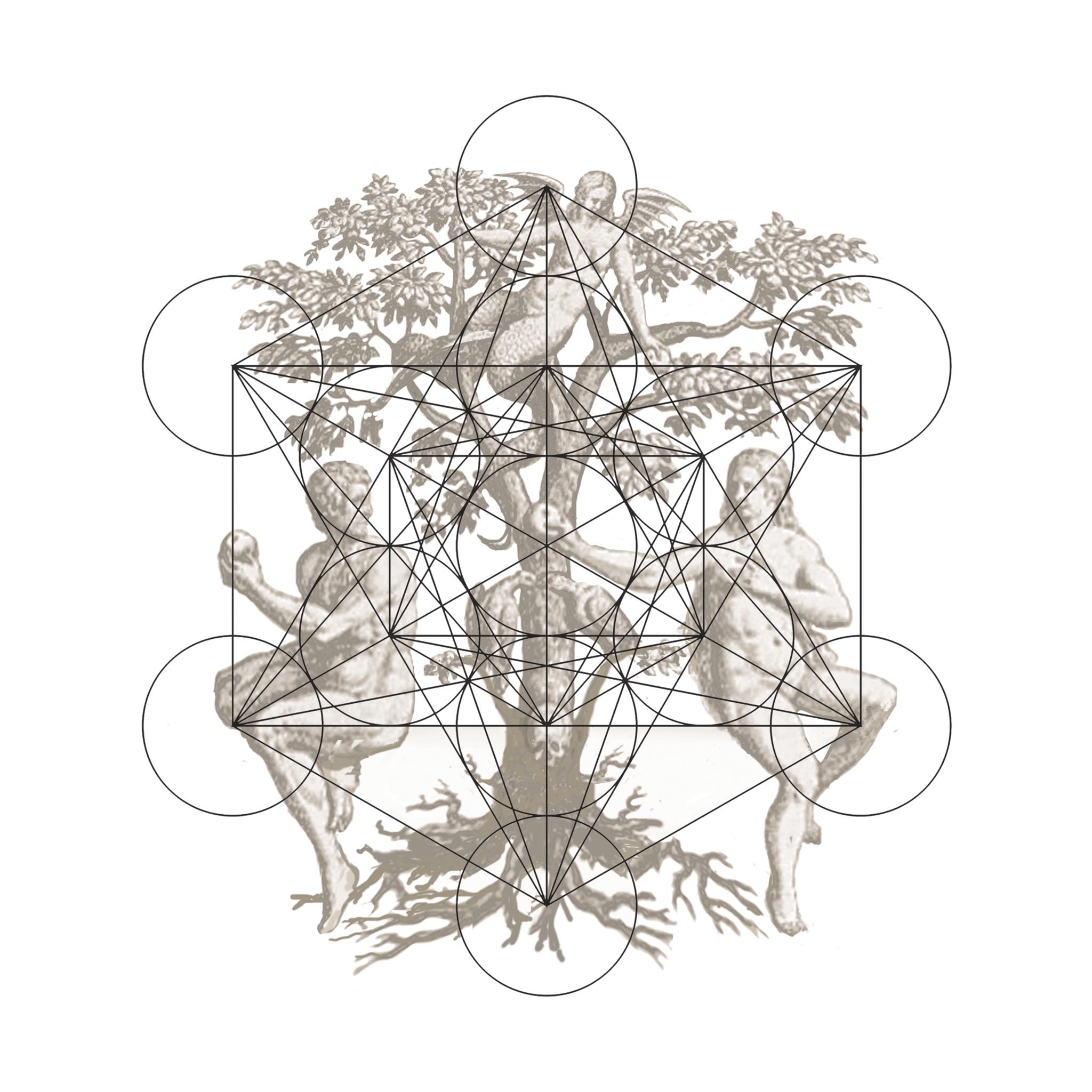Anima Mundi to Work With Late Pioneering Female Artist Evelyn Williams
“Her work deserves to be as well-known as those of her fellow 1961 John Moores prize-winners, Blake, Blow, Hockney, Kitaj, Kossoff, McWilliam and Uglow.”
Anima Mundi are delighted to announce that we will be working with pioneering female painter Evelyn Williams. Arguably less known that many of her male contemporaries, despite winning the John Moores Prize for sculpture, Williams produced an unrivalled body of work, unguardedly expressing the complexities of the human condition.
Evelyn Williams was born in 1929 and trained at St Martin’s School of Art from the age of 15 and then the Royal College of Art working alongside the older, largely male students, many of them soldiers returning from service in the second world war. Despite failing health she continued painting right up to her death in 2012 at the age of 83. Her tender, intimate and emotional paintings are concerned with the subtleties and complexities of relationships and the human predicament. Her very personal paintings have followed her progress through life as child, lover, mother and grandmother. She talked of her work with self-effacement but her words provide epitaphs: "After all the attempts at movement, the pulling and pushing of forms, the agitation – here all goes still and I have a sense of relief the figure is asleep and has found rest.”
Williams proved difficult for some to categorise during her life time, but is regarded, along with friends such as Paula Rego, as having forged a path for female artists. She later founded a trust in her name which has done modest but important work to support artists, particularly women, and the practice of drawing.
In 1961 Evelyn Williams won first prize for sculpture in the John Moores competition and over the years had recognition in many public galleries including a retrospective exhibition at the Whitechapel Art Gallery in 1972. Her work is in numerous public and private collections, including the Victoria and Albert Museum; Ashmolean Museum, Oxford; New Hall, Cambridge; the National Museum of Wales; the Contemporary Art Society for Wales; and the British Arts Council. These are powerful, haunting paintings which, fully aware that her health was declining rapidly, show the artist facing her own mortality with her customary directness and tenderness.
Evelyn Williams had many admirers, here are the words of some:
"The art world half-a-century ago, when Evelyn Williams began her career, was a macho preserve. Since then there has been the successful feminist revolution, at least in the arts, and the situation has reversed. In art schools female students outnumber the male. Women artists, like Evelyn, who managed to establish themselves before the sea-change, are heroic pioneers. She has blazed a trail in the most universal subject of all, human relationships - en masse, in groups, families, couples or concentrating solitude. She has done this with the vision of a poet and the empathy of a wife, mother and grandmother. The result, as subtle in technique as it is profound in feeling and visionary in scope, has no equivalent.” John McEwen
“Evelyn Williams’ work is imbued by an unmistakable mixture of grace and greatness. It is 'awesome' - if we can get back to the true sense of the word. It fills you with awe. In its restraint, its gravity, the sense it imparts of female endurance, female beauty, the power and seriousness of love between woman and child, woman and woman, man and woman, her sheer courage in taking on board the nature of the universe in its most unsmiling mode, it achieves greatness, and will outlast all of us” Fay Weldon
“I have lived with Evie’s painting for years, and have looked at it every day, and it has filled me with pleasure. It is both clear and mysterious, painted with sensitivity and love.” Paula Rego
“Her work deserves to be as well-known as those of her fellow 1961 John Moores prize-winners, Blake, Blow, Hockney, Kitaj, Kossoff, McWilliam and Uglow.” Huon Mallalieu
“A more personal intimate whispered, less institutional art, I have never seen” David Lee in Art Review, 1997
“All Evelyn’s work has a deep contemplative stillness within it. The dignity of her figures – women above all – is a consequence of their listening hearts. Looking at Evelyn’s paintings I think of Keats “Unheard Melodies” … love is her theme” Sister Wendy Beckett
“I can't think of any contemporary British painter who impresses me more.” Sir Kyffin Williams
Below is a rare short interview with Evelyn Williams made in 2007 by BBC Wales:
Evelyn Williams ‘Initimate Whispers’ opens at Anima Mundi from 21/2-31/3/2020 - to register your interest click here


